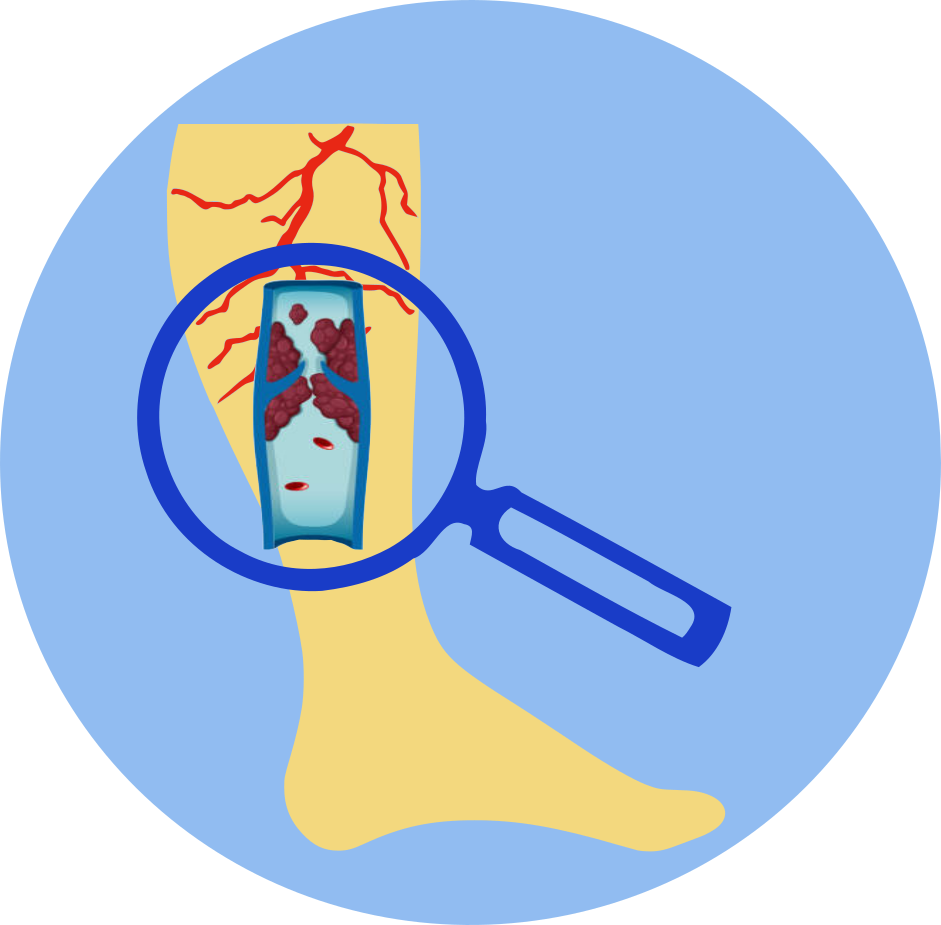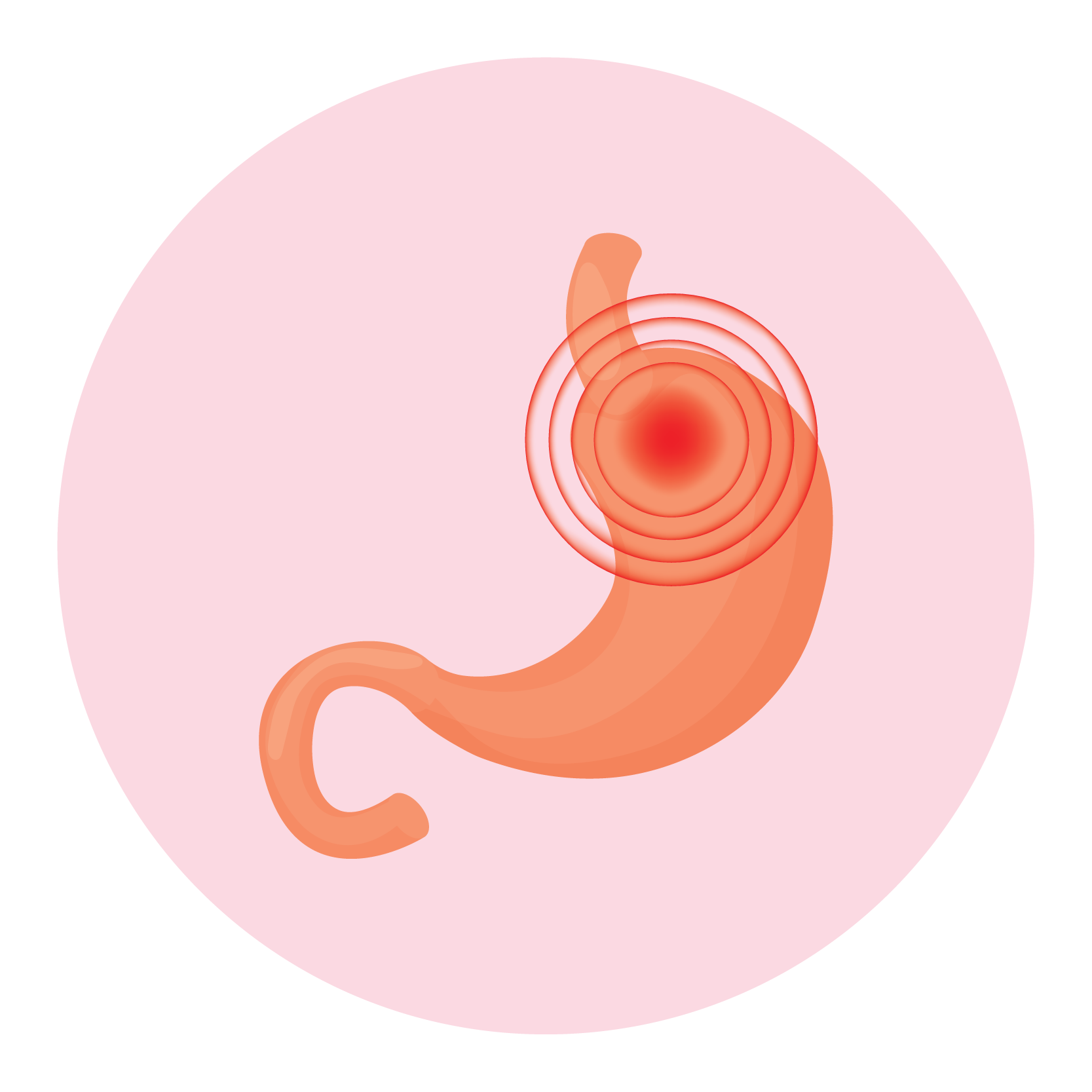| Name | Dabigatran Etexilate |
| Classes |
Anticoagulant Coagulation Modifier Haematological Agent |
| Diseases |
Blood Disorder Cardiovascular Disease Stroke |
Dabigatran Etexilate
Dabigatran Etexilate is an oral anticoagulant that inhibits thrombin, a key enzyme in the coagulation cascade, to prevent blood clot formation.
Dabigatran Etexilate is indicated to reduce the risk of stroke and systemic embolism in patients with nonvalvular atrial fibrillation (NVAF). It is also indicated for the treatment and prevention of deep vein thrombosis (DVT) and pulmonary embolism (PE) in adults who have been treated with a parenteral anticoagulant for five to ten days.
- For patients with CrCl >30 mL/min: 150 mg orally, twice daily
- For patients with CrCl 15-30 mL/min: 75 mg orally, twice daily
- Instruct patients not to chew, break, or open capsules
- Review recommendations for converting to or from other oral or parenteral anticoagulants
- Temporarily discontinue Dabigatran before invasive or surgical procedures when possible, then restart promptly
Common side effects of dabigatran include-
- Bleeding, including serious or fatal bleeding
- Dyspepsia, nausea, and gastritis-like symptoms
- Gastrointestinal hemorrhage
- Bruising
- Epistaxis
- Gastroesophageal reflux disease
- Stomach discomfort
- Abdominal pain
- Rash
- Increased risk of bleeding: Dabigatran Etexilate should be used with caution in patients at an increased risk of bleeding, such as those with recent surgery, bleeding disorders, or uncontrolled hypertension. Discontinuation of Dabigatran Etexilate should be considered in patients who develop serious bleeding.
- Renal impairment: Dabigatran Etexilate is primarily eliminated by the kidneys, and its exposure is increased in patients with renal impairment. It is contraindicated in patients with severe renal impairment (CrCl < 15 mL/min).
- Risk of spinal or epidural hematoma: The concurrent use of Dabigatran Etexilate and spinal/epidural anesthesia or puncture may result in an increased risk of hematoma, which can lead to long-term or permanent paralysis.
- Hepatic impairment: Dabigatran Etexilate should be used with caution in patients with mild to moderate hepatic impairment, and it is contraindicated in patients with severe hepatic impairment.
- Risk of thromboembolic events: Dabigatran Etexilate should be discontinued in patients who develop an acute thromboembolic event while taking the medication.
Contraindication
Dabigatran is contraindicated in patients with history of serious hypersensitivity reaction to Dabigatran.
None known.
 Bangla
Bangla English
English









